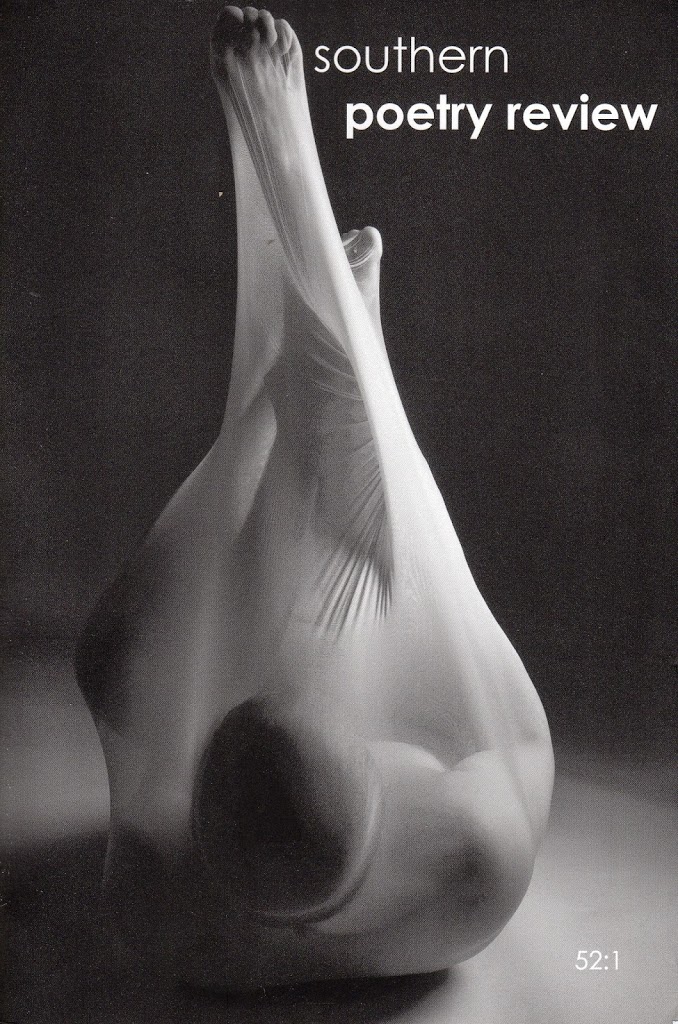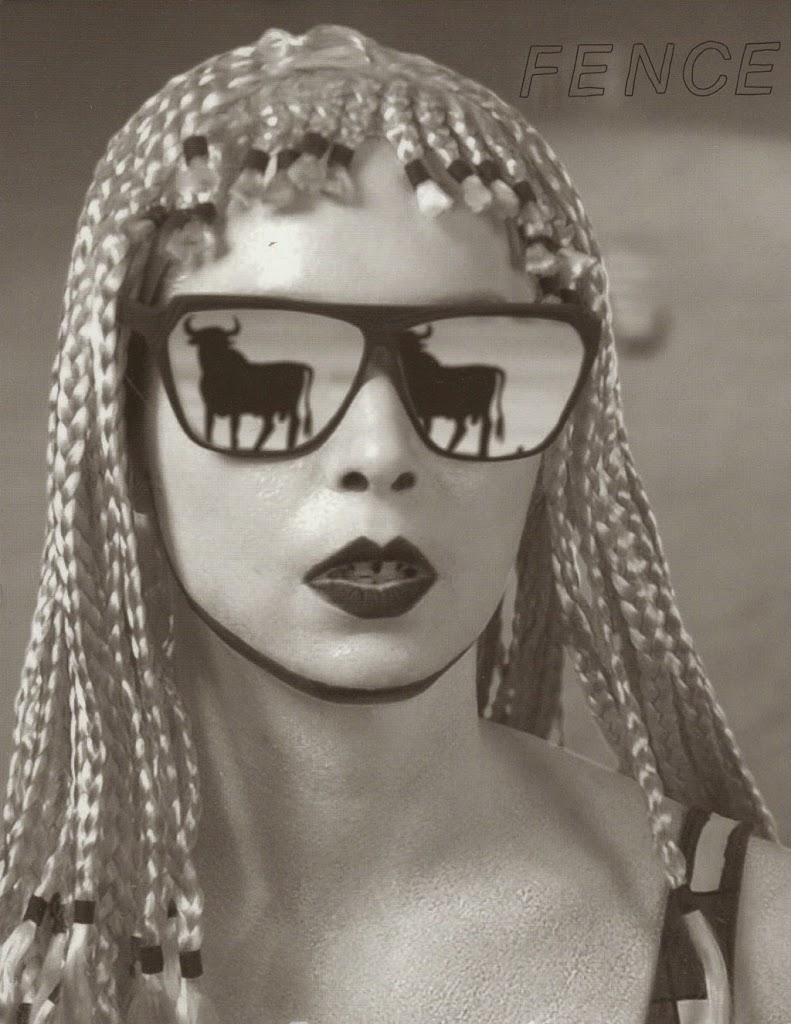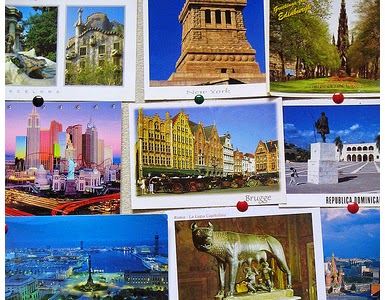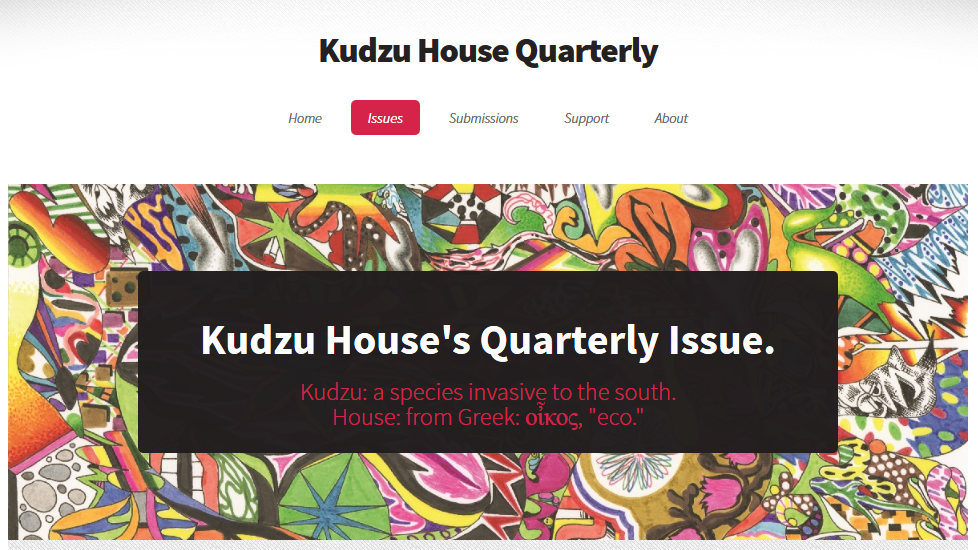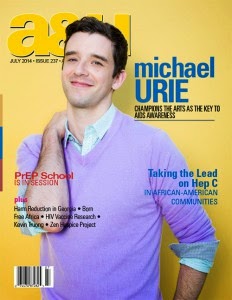In case you missed it last week, August’s book reviews are now up for perusing.
Nonfiction books received a lot of love this month:
“Coolie Woman: The Odyssey of Indenture by Gaiutra Bahadur is a curious history. On one hand, it tells the story of the ‘coolie’ indenturment in the British Empire (with a great introductory note about the use of the word ‘coolie’). On the other hand, it’s a story of family legacy. Coolie Woman grounds itself in the legitimacy of archival sources, interviews, and photos—its footnotes and documentation are extensive.”
In The Kama Sutra Diaries:Intimate Journeys through Modern India, “[Sally] Howard undertakes the journey through modern India to reexamine society’s tacit condoning of sexual assaults, verbal abuses, and casual groping, sometimes referred to as ‘eve-teasing,’ a uniquely Indian term that connotes anything ranging from whistles from roadside Romeos to flashing.”
“Robert Root begins Happenstance by explaining his plan for the memoir: ‘to write about one hundred days of my childhood in the next one hundred days of my age, to capture one hundred recollections of the past over one hundred days of the future.’”
In Phoning Home by Jacob M. Appel, “The essays span the writer’s professional and personal lives, each adding depth and perception to the other. Essays on Appel’s Jewish heritage and family are at once poignant, witty and insightful.”
If nonfiction isn’t your favorite, there are several other reviews to enjoy: American Innovations, fiction by Rivka Galchen; Short, an international anthology featuring short stories and other short prose forms edited by Alan Ziegler; How a Mirage Works, poetry by Beverly Burch; Medea, fiction by Richard Matturo; and Someone Else’s Wedding Vows, poetry by Bianca Stone.

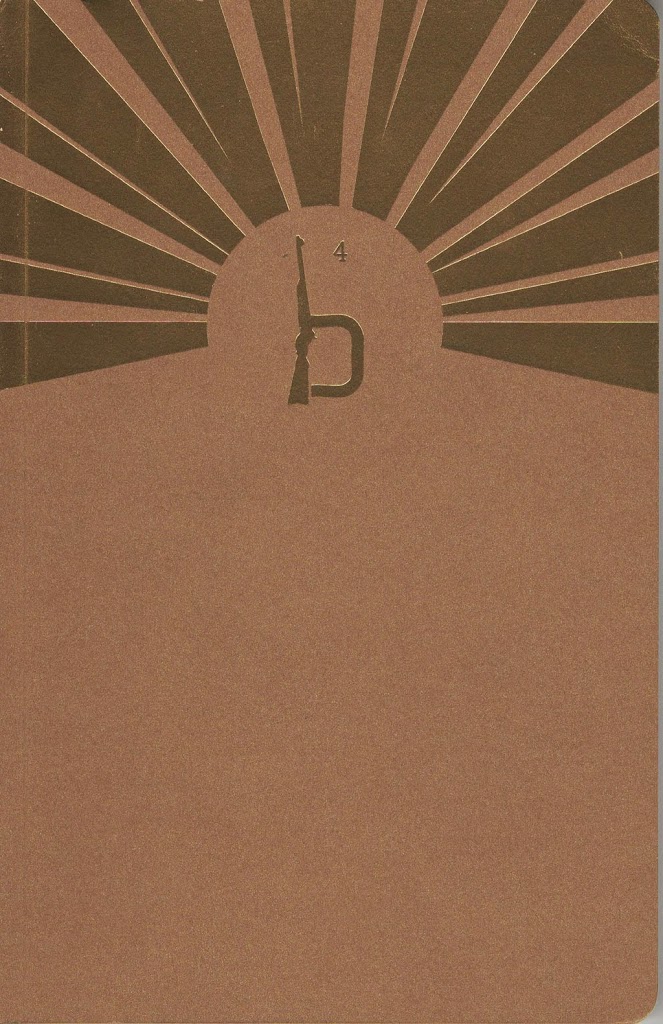
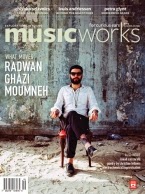 Keeping with its tagline, “Exploration in Sound,”
Keeping with its tagline, “Exploration in Sound,” 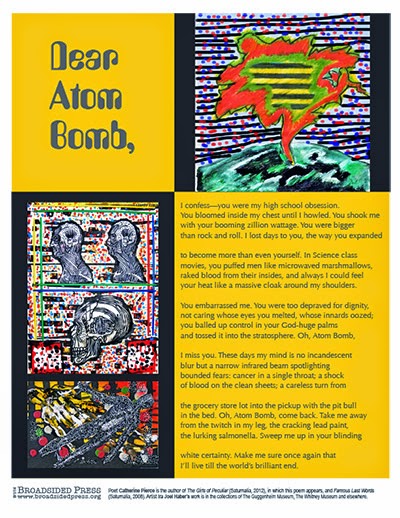 August’s
August’s 
